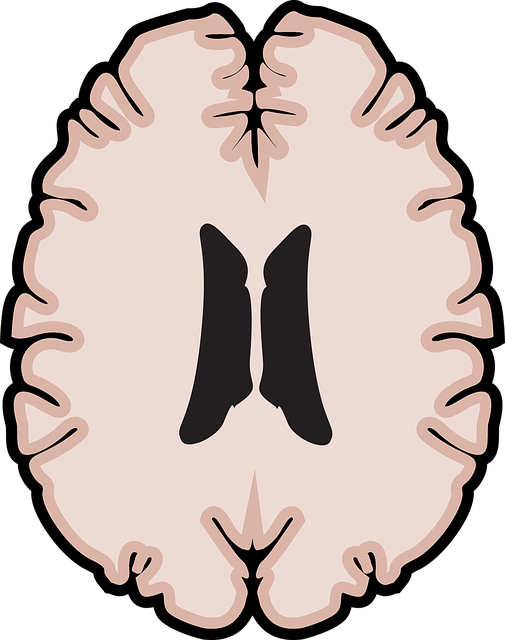Adolescent teens, particularly transgender and non-binary youth, face unique mental health challenges requiring specialized therapy for adolescent teens with a focus on gender-affirming care. This care, combined with Trauma Support Services and Stress Management techniques, equips teens with robust coping mechanisms. Through cultural competency training, professionals deliver personalized care respecting diverse identities, empowering teens to navigate societal pressures while fostering resilience and self-esteem. Tailored therapy, open dialogue, and practical stress management strategies are key to building strong coping strategies for adolescent mental health.
Coping skills development is a vital aspect of adolescence, especially as young minds navigate the complexities of growing up. This article explores strategies to enhance resilience in teenagers, focusing on understanding their coping mechanisms and the profound impact of gender-affirming care in therapy. We delve into practical techniques to foster effective coping, empowering adolescents to manage stress, anxiety, and emotional challenges. By integrating these insights, parents and caregivers can significantly support their teen’s mental health and overall well-being.
- Understanding Coping Skills Development in Adolescent Teens
- The Role of Gender-Affirming Care in Enhancing Resilience
- Practical Strategies for Fostering Effective Coping Mechanisms
Understanding Coping Skills Development in Adolescent Teens

Adolescent teens face unique challenges that can significantly impact their mental health and overall well-being. Understanding coping skills development during this critical period is essential, as it equips them with valuable tools to navigate life’s stressors and adversity. In today’s world, where issues like gender identity and trauma are prevalent, providing appropriate support is more crucial than ever.
Gender-affirming care within therapy for adolescent teens has emerged as a vital approach, especially for those struggling with their mental health and identity. This specialized form of care considers the profound impact of societal pressures and personal experiences on young individuals. By offering Trauma Support Services and promoting effective Stress Management techniques, healthcare providers can foster an environment where teens feel understood and empowered to develop robust coping mechanisms. Additionally, ensuring that these professionals undergo Cultural Competency Training is essential to delivering personalized care that respects diverse identities.
The Role of Gender-Affirming Care in Enhancing Resilience

In the realm of coping skills development, particularly for adolescent teens, gender-affirming care plays a pivotal role in enhancing resilience. This approach, tailored to meet the unique needs and experiences of transgender and non-binary youth, has been shown to significantly improve mental health outcomes. Through therapy focused on affirming their gender identity, these teens gain a stronger sense of self, which acts as a cornerstone for building resilience against societal pressures and internalized stigma. By fostering an environment where they feel seen, understood, and supported, gender-affirming care enables young individuals to navigate challenges with enhanced coping mechanisms.
Moreover, integrating gender-affirming care into therapy sessions and community outreach program implementations can prevent burnout among vulnerable populations. This proactive approach ensures that adolescents receive consistent, affirmative messaging, reducing the emotional toll often associated with navigating a society that may not always accept their true selves. As a result, they develop stronger resilience muscles, making them better equipped to handle stress, anxiety, and depression—a crucial aspect of resilience building in today’s world.
Practical Strategies for Fostering Effective Coping Mechanisms

Fostering effective coping mechanisms is an essential part of supporting adolescent teens, especially those navigating gender-affirming care. Practical strategies include incorporating mindfulness meditation practices to help individuals manage stress and emotions. By teaching teens techniques to focus on the present moment and cultivate self-awareness, they can develop a stronger sense of calm and resilience. Additionally, conflict resolution techniques are invaluable tools that enable adolescents to navigate challenging situations with assertiveness and healthy communication skills.
Encouraging open dialogue, active listening, and empathy builds strong coping strategies that extend beyond immediate issues. Stress management is another crucial aspect; teaching teens how to recognize triggers and implement healthy coping behaviors can significantly improve their overall well-being. These techniques, combined with therapy tailored for adolescent needs, empowers young individuals to face life’s challenges head-on while fostering a positive sense of self in the process.
Coping skills development is a vital aspect of adolescence, especially for navigating the challenges unique to this period. By understanding and implementing strategies such as gender-affirming care and practical coping techniques, we can empower teen clients in therapy. This holistic approach ensures that adolescent teens build resilience, fostering both their emotional well-being and overall adaptability. Gender-affirming care plays a crucial role in enhancing their coping abilities, allowing them to thrive despite life’s hurdles. With the right support, these strategies enable teens to develop effective coping mechanisms, leading to improved mental health outcomes.














